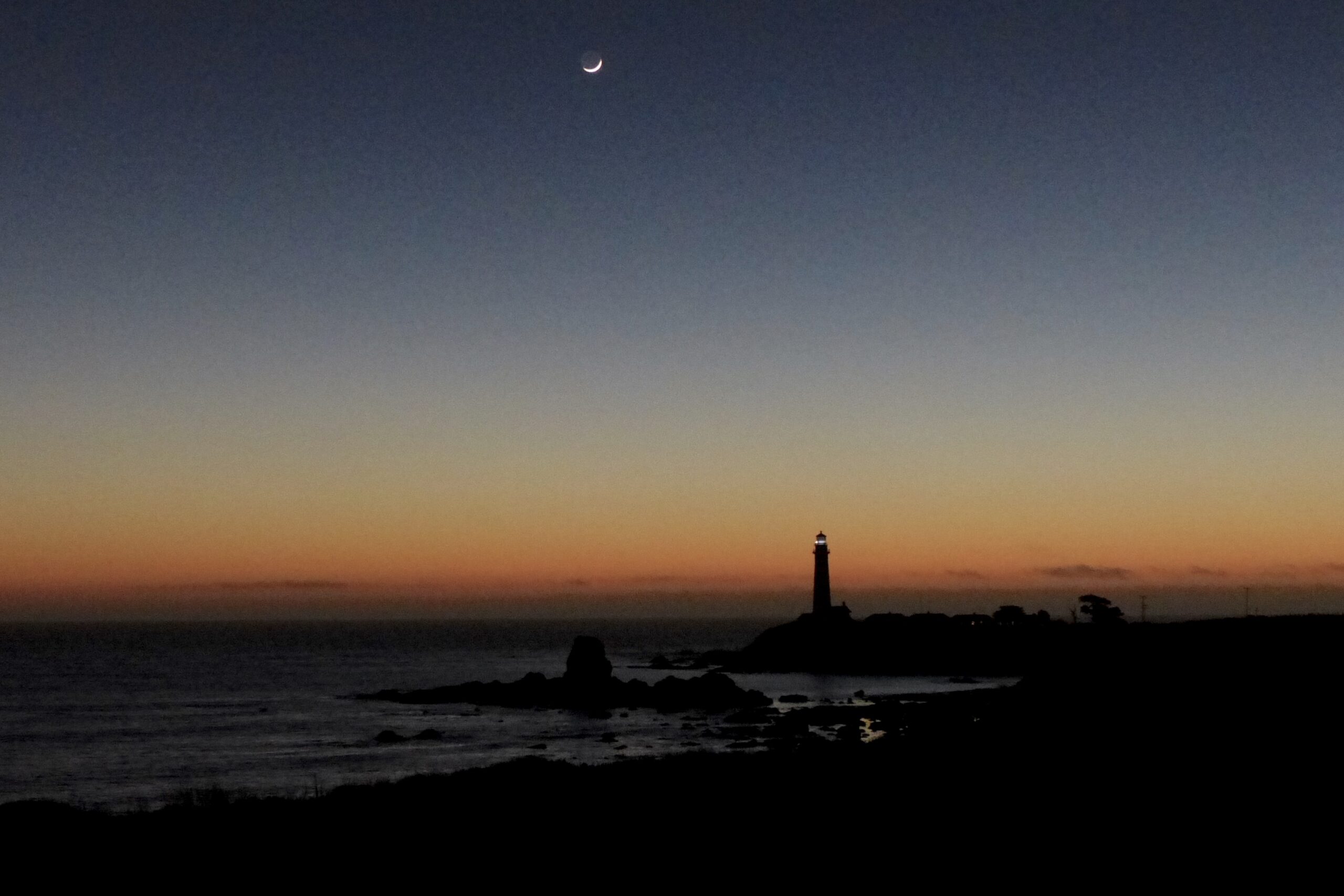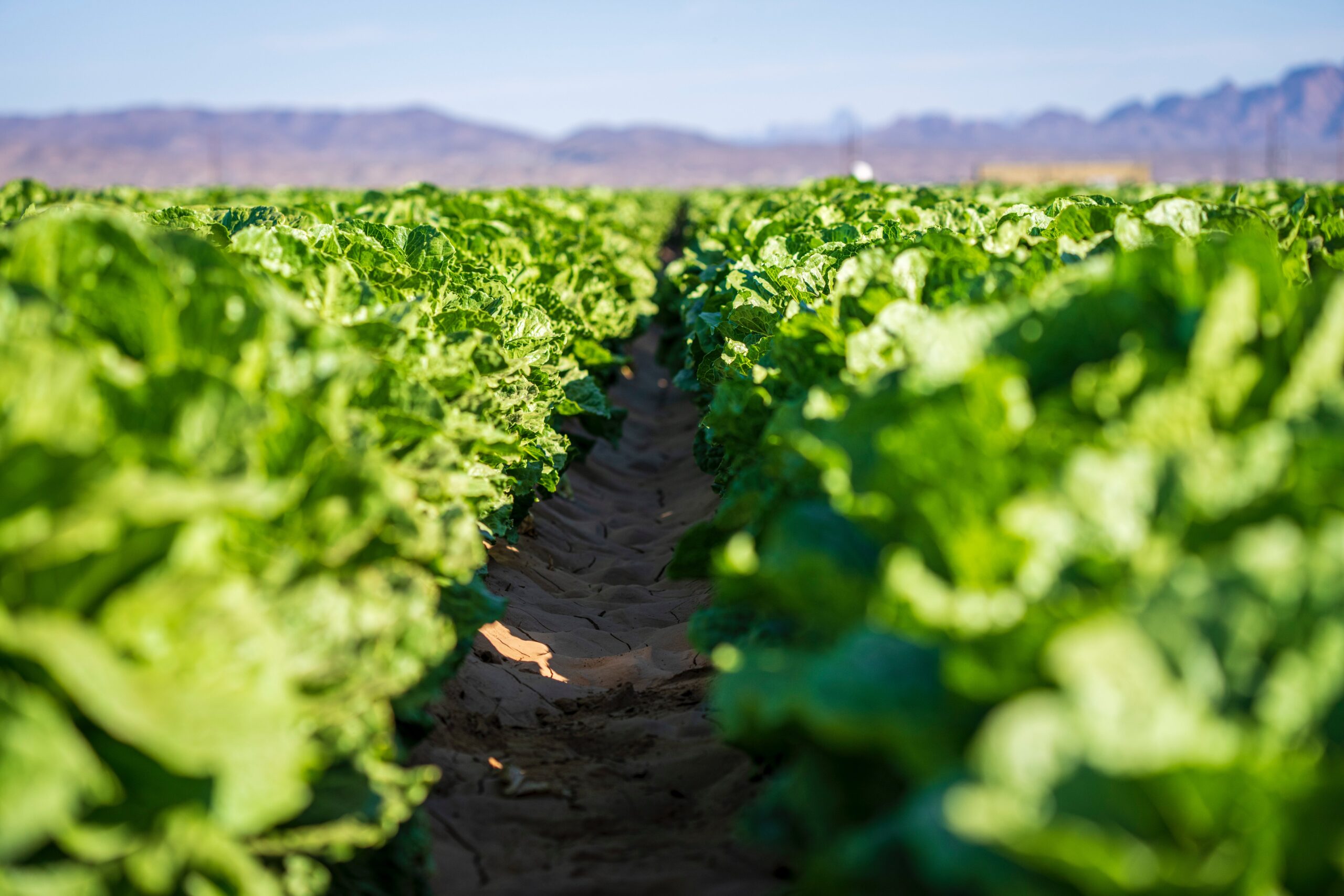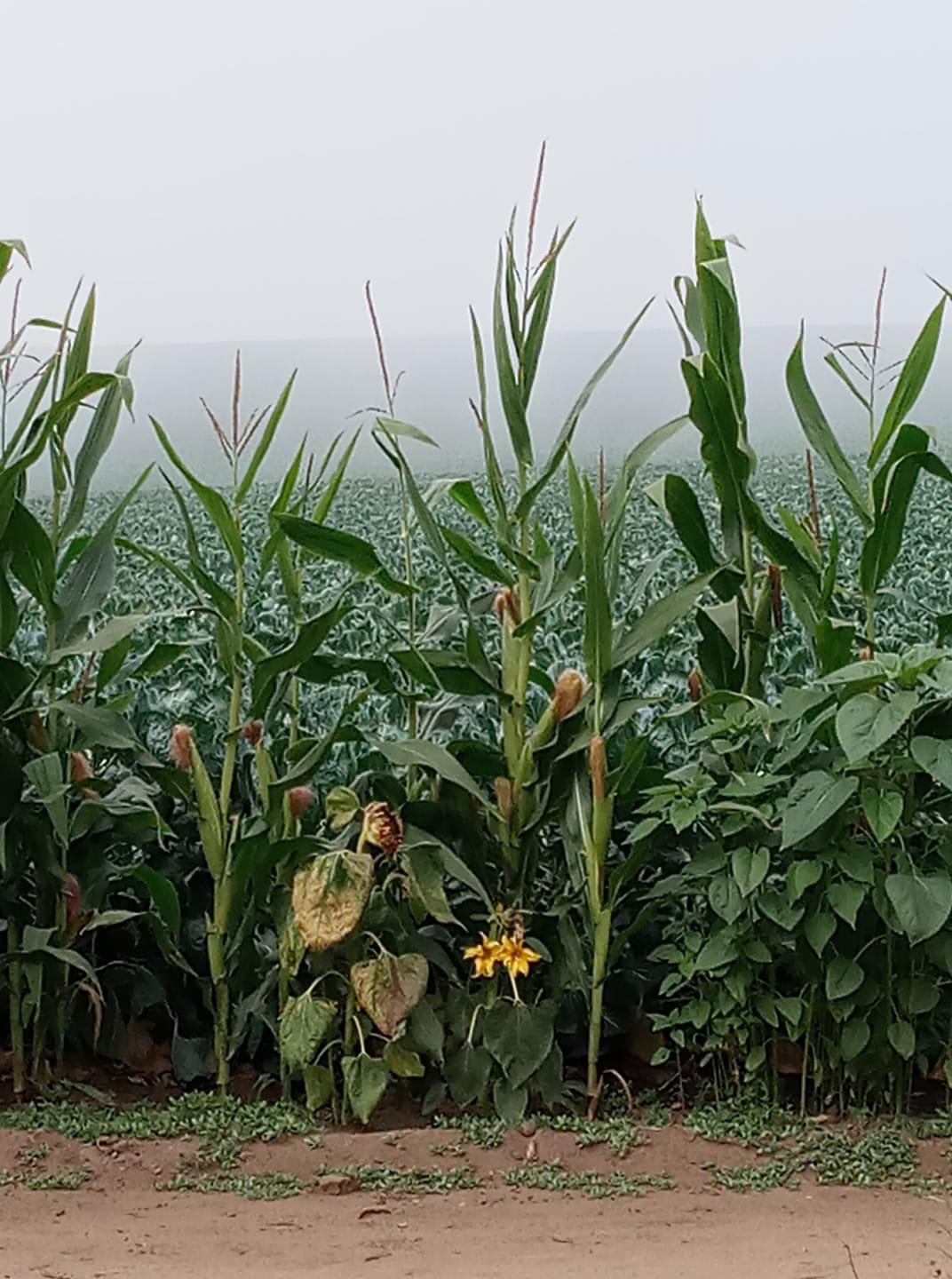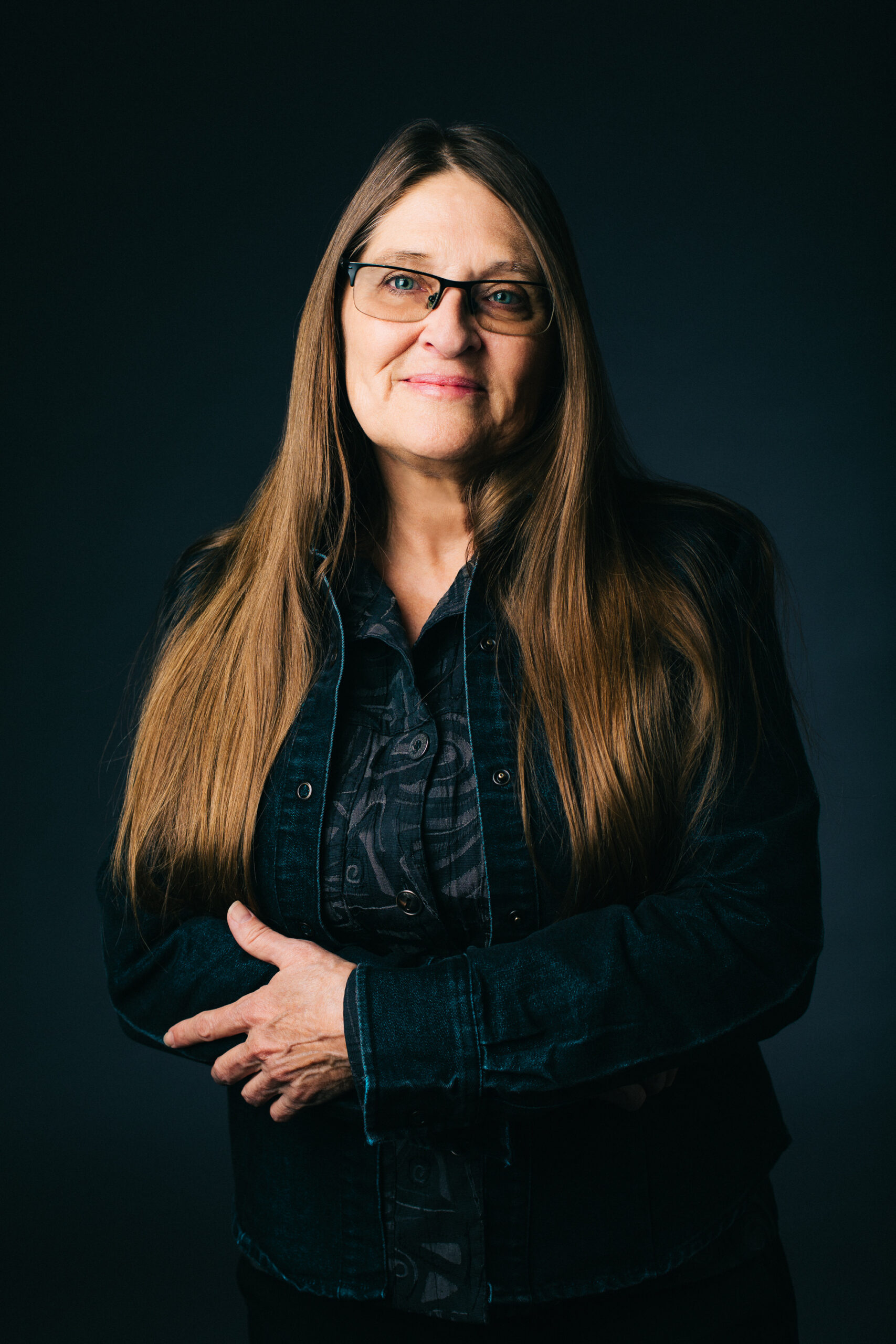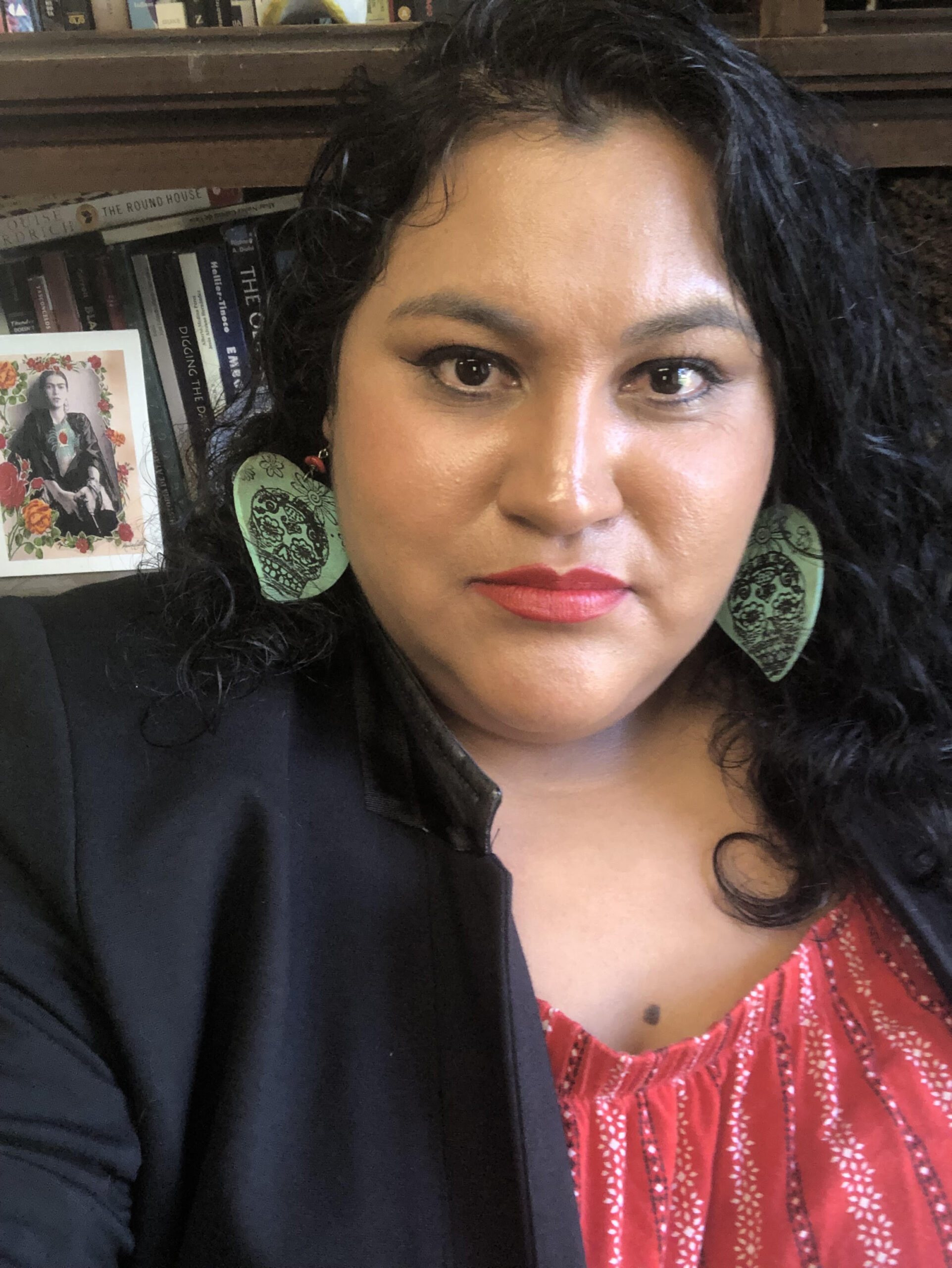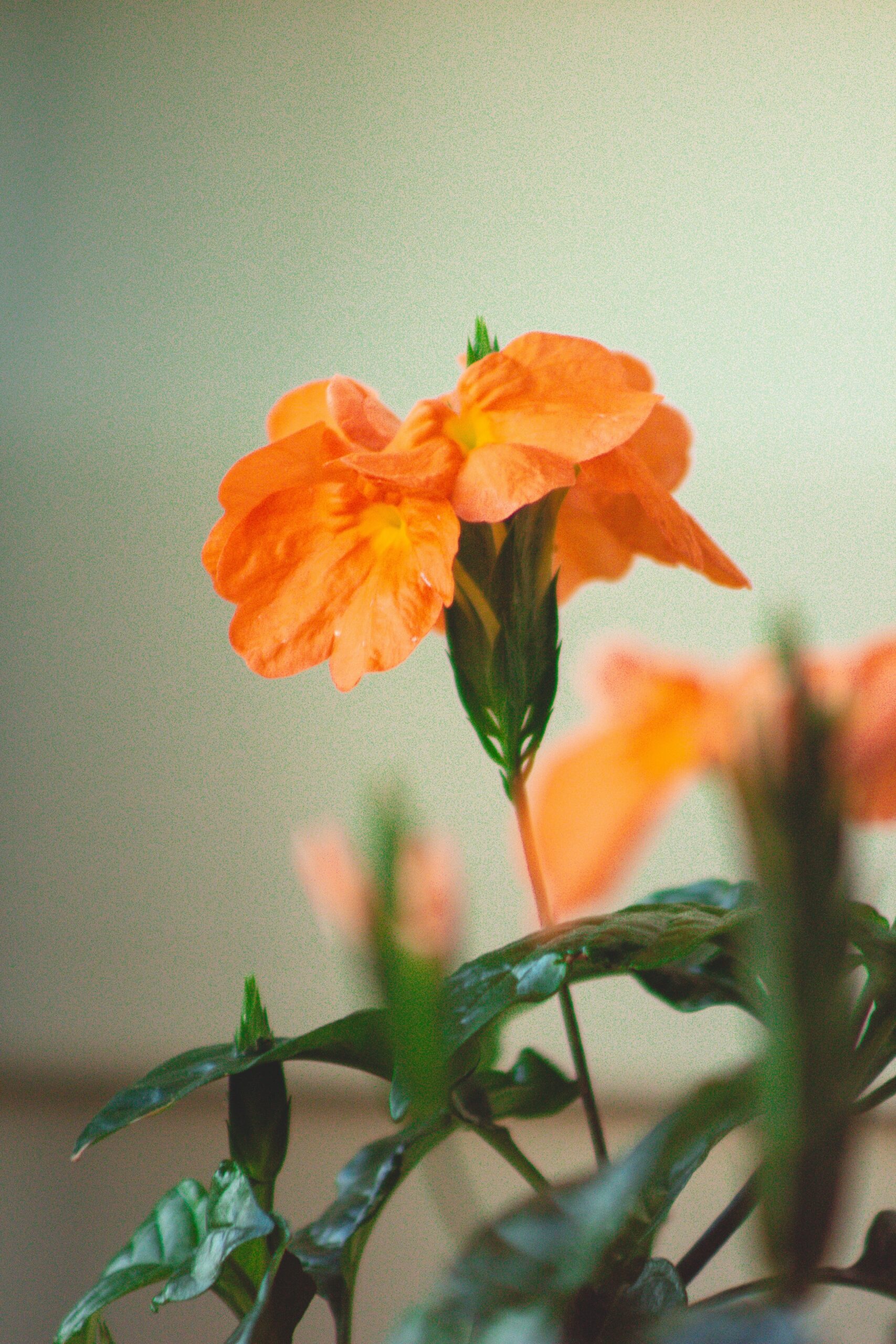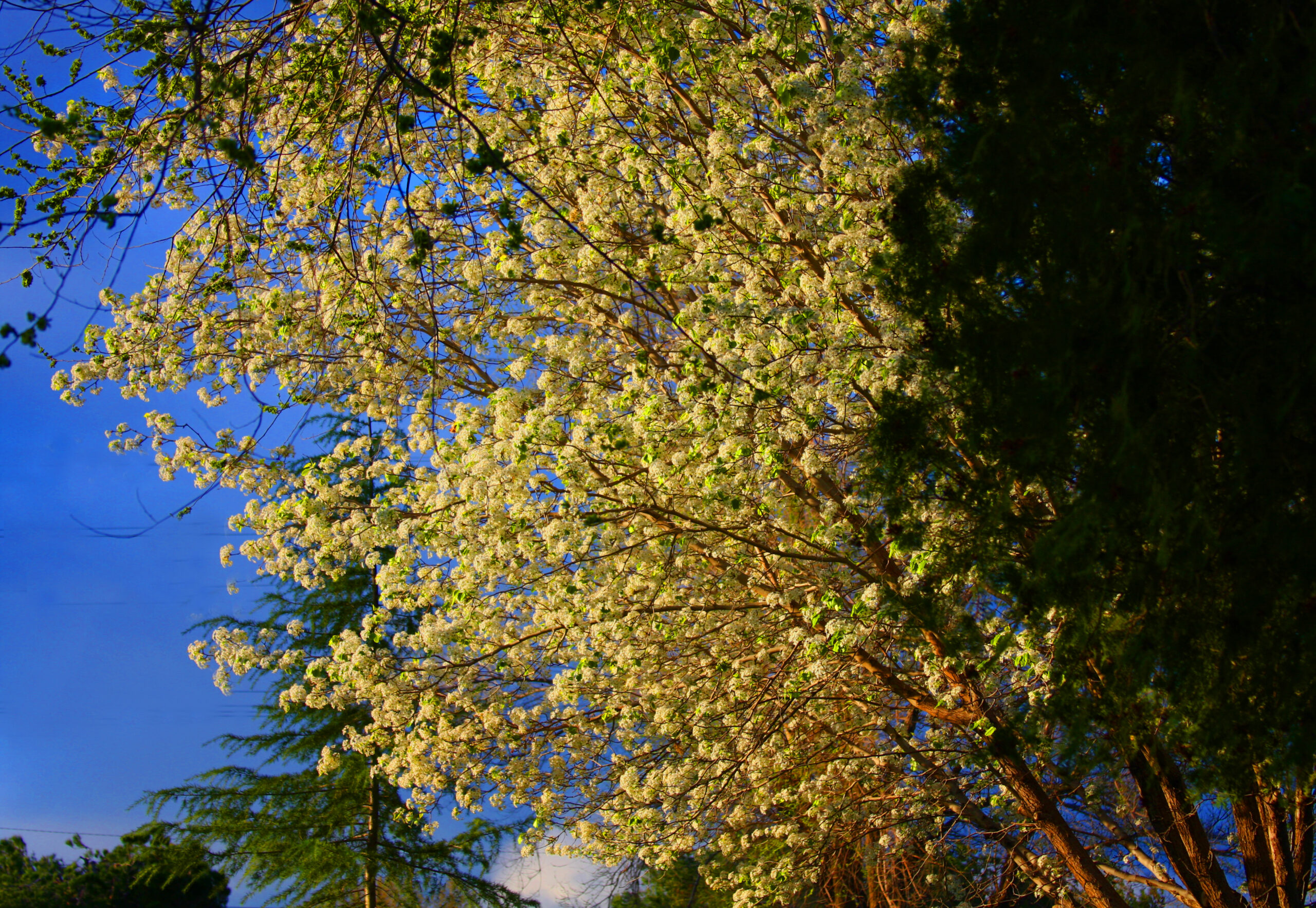I went so deeply into the dream,
it might have been a different future.
La vita nuova seeded in an old frame.
Issue 26 Poetry
La Corrida
Es de madrugada.
It is dawn always dawn
the sun breaking through
the breaking of the soil.
The faint smell of rain from irrigated dirt
crusts of mud from the crop rows
comes home with my father
on his pants and beneath his fingernails.
In the Fields
There is no time to complain,
only time to move as fast as you can
through the rows of low-lying shrubs,
the tall stalks.
The people of the fields leave
the complaining to the rest of us,
driving by on our way to work,
school,
the gym.
In the Beginning
Chrome glinted
sunrise, bumpers, rear views.
Backside of cars parked full of sleep
just an hour past.
The Struldbruggs
No I do not want everlasting life
to be condemned to forever here
on this wasted earth no merci messieurs
unlike the Struldbruggs hailed all the way
from the island-nation of Luggnagg
discovered at the end of Book Three
of Jonathan Swift’s Gulliver’s Travels
Why I Cannot Celebrate the Ruling Still to Come (II)
By NED BALBO
Because I still remember my mother’s scar,
six inches long, an inch wide, sunken gash
below her waist, forever unexplained.
Because the scar looked rushed, a knife’s quick work
closed with no time to lose. Because, watching
her dress, I felt both love and mystery,
questions evaded, others left unasked.
Poetry on Borrowed Time
I’ve always written my poems
on borrowed paper and borrowed time
In the camps, as a child, journaling
by the fire, by whatever light I could find.
What do you want for your birthday?
My mother asked, knowing she didn’t have a dime.
Notebooks, ’ama, paper, and a pen.
Crossandra
When you’re not packing cherries, you pass out crowns of Crossandra flowers
to every coworker who’s crossed a border.
You think of your father, when he said no to you moving to the city to study chemistry.
Mainland Regional High School, 1987
I’ve never admitted how it altered me.
I try not to think about it—the spring
the junior dropped out of school
after wearing a wire so the police could cuff
Mr. Cawley—led him out of the high school
down the long beige corridor of B-Hall
past the AP History class where I sat
with my textbook open to some European War,
trying not to think about my confusion
when I stood, the May before, in Mr. Cawley’s classroom,
as he held my book report on In Search of History.
Immense
The wish is always that we’d walk in,
Give each other bear hugs,
Tight and unencumbered,
Nothing of my body shameful,
That he’d cradle my face in his palms
And smile wide, in awe of who I’ve become,
That I’d go to him twice a year
To help me unknot something of my heart
When it broke.
